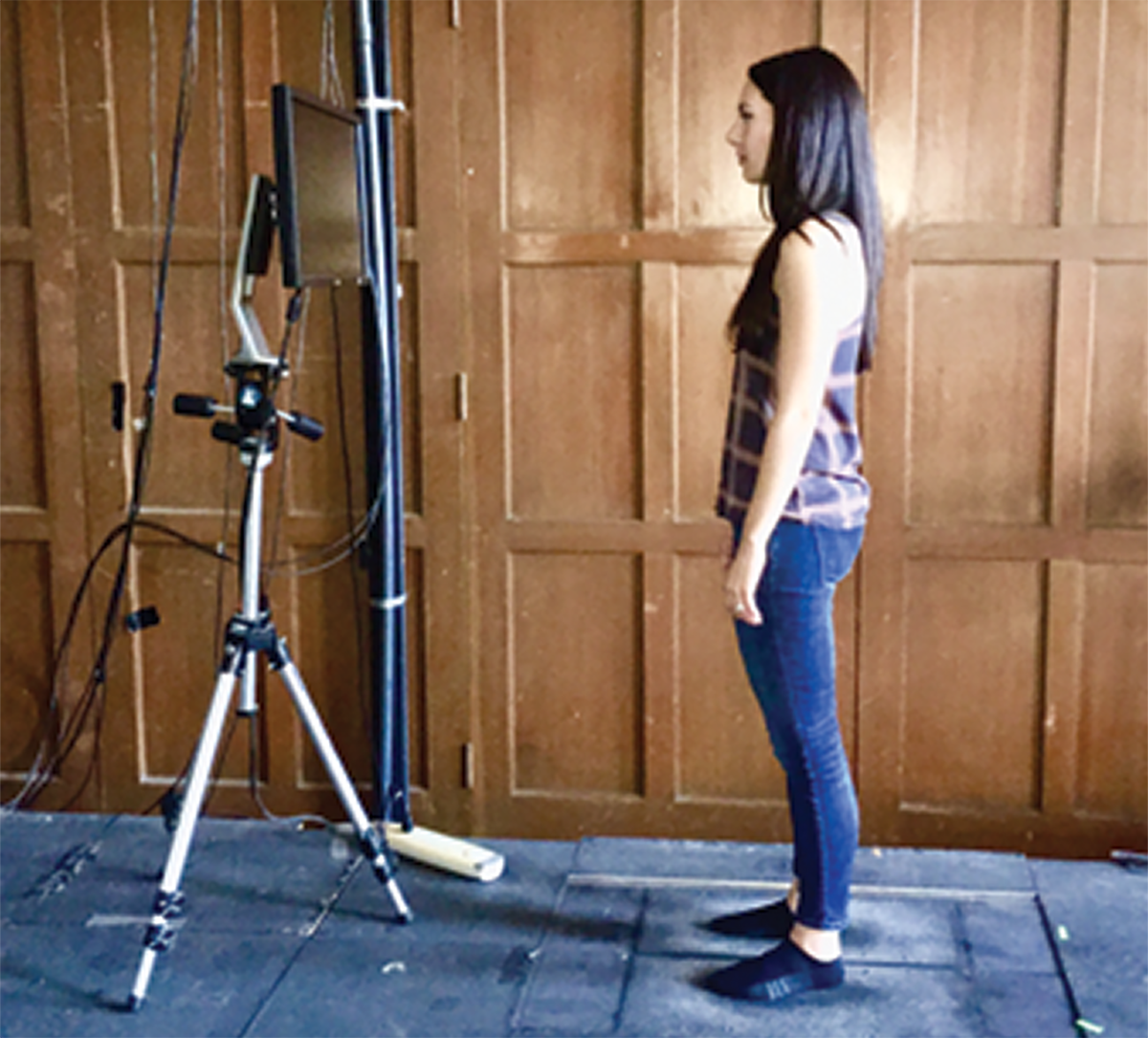
by Amanda Morris, PhD Candidate, Department of Human Physiology
At conferences, I am often asked, “Why are you interested in studying older adults?” My answer is simple; I believe aging is the future.
Not only will most of us experience old age, per U.S. Census data from 2014, the aging population is exponentially growing and adults over age 65 are expected to comprise nearly one in four U.S. residents by 2060. Research related to this age group is important for both healthy aging and quality of life. Additionally, much of my research focuses on women. Historically, women are underrepresented in scientific literature and as a woman in science, it is important to me to bring equal representation to women.
Two of the largest obstacles older adults face are feeling fatigued and risk of falls. These two problems occur more frequently in older women than in older men. In older adults, self-reported fatigue is associated with several negative outcomes such as: earlier onset of disability, slower walking speed, and increased hospitalization risk.
Mental fatigue alone can have negative effects on both physical performance and cognitive performance, specifically the ability to maintain attention. Furthermore, several studies have reported that women experience significantly more mental and physical fatigue than men. Despite these associations, little is known about the direct impact of mental fatigue on physical function.
In 2016 the CDC reported that falls are the leading cause of death and injury among older Americans. Falls can also result in loss of independence which leads to worse quality of life.
In addition to reporting more fatigue, women are at increased risk of falls, as older women have worse balance control than men and 70.5 percent of non-fatal fall injuries occur in women. A series of studies examining the effect of attention on balance indicate that older adults are at higher risk of falls when fewer attentional resources are available.
In a study examining causes of falls in older women specifically, it was determined that 35 percent of reported falls were due to lapses in attention. Taken together, these results suggest that the reduction in attentional resources that occurs with mental fatigue may compromise physical functions such as balance control. Such compromised function may be more pronounced in older women, who report higher levels of fatigue, and demonstrate worse balance control than men.
Typically, strength training programs are used to try to improve balance control in older adults, as loss of strength is also associated with poorer balance and increased risk of falls in older adults. However, this approach of strength training is problematic for two particular reasons. First, the ability to increase strength through resistance training is compromised in older women compared with men. Second, only a small percentage of studies indicate that increases in strength actually improve balance control. Therefore, more targeted interventions, focused on factors other than strength, are necessary, particularly for older women. The negative effects of mental fatigue on force output and available attention make it a potential target for effective intervention.
My research uses a computer based mental fatigue program along with special platforms that record a person’s response to an unexpected disturbance in balance and electrodes that measure muscle activity. To date I have collected data on around 43 young and older adults of both sexes. Using data collected from my study is important in identifying the direct impact of mental fatigue on balance control and potential differences of its effects in men and women. This is a critical first step toward the longer-term goal of creating an effective intervention. I am currently in the process of analyzing my data and making conclusions but I encourage you to contact me if you are interested in learning more about my research.
— Amanda Morris, MS, is a PhD candidate in the Department of Human Physiology in the Neurophysiology Lab under Dr. Anita Christie. She received a 2017-18 CSWS Graduate Student Research Grant in support of her research. Contact: amorris8@uoregon.edu

